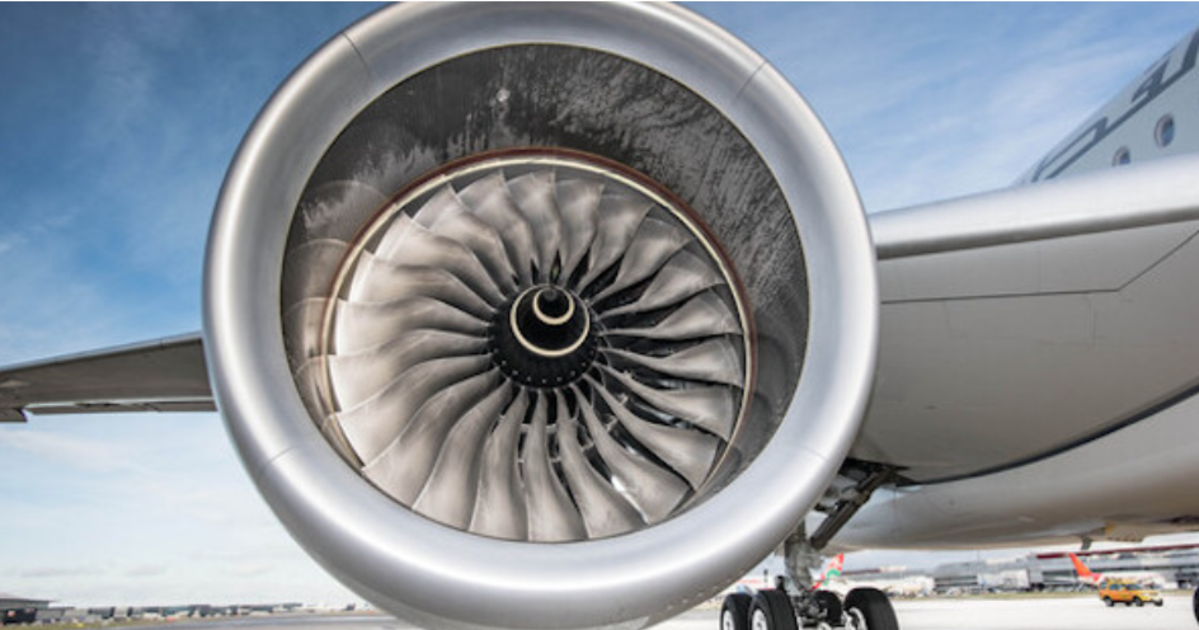
“Severe” supply chain issues will continue to impact airline performance into 2025, Iata has warned.
This will raise costs and limit growth in particular due to a sharp fall in aircraft deliveries from a peak of 1,813 in 2018 to 1,254 this year – a 30% shortfall on what was predicted going into 2024.
Deliveries are forecast to rise to 1,802 in 2025 but well below earlier expectation of 2,293 deliveries, with further downward revisions “widely seen as quite possible”.
The backlog for new aircraft has reached a record high of 17,000.
At present delivery rates, this would take 14 years to fulfil, double the six-year average backlog for the 2013-19 period, according to the airline trade body.
However, the waiting time is expected to shorten as delivery rates increase.
Iata director general Willie Walsh said: “Supply chain issues are frustrating every airline with a triple whammy on revenues, costs, and environmental performance.
“Load factors are at record highs and there is no doubt that if we had more aircraft they could be profitably deployed, so our revenues are being compromised.
“Meanwhile, the aging fleet that airlines are using has higher maintenance costs, burns more fuel, and takes more capital to keep it flying.
“And, on top of this, leasing rates have risen more than interest rates as competition among airlines intensified the scramble to find every way possible to expand capacity.
“This is a time when airlines need to be fixing their battered post-pandemic balance sheets, but progress is effectively capped by supply chain issues that manufacturers need to resolve.”
Iata estimates that the average age of the global fleet has risen to a record 14.8 years, up from the 13.6 years average for the 1990-2024 period.
Walsh added: “The entire aviation sector is united in its commitment to achieving net zero carbon emissions by 2050. But when it comes to the practicality of actually getting there, airlines are left bearing the biggest burden.
“The supply chain issues are a case in point. Manufacturers are letting down their airline customers and that is having a direct impact of slowing down airlines’ efforts to limit their carbon emissions.
“If the aircraft and engine manufacturers could sort out their issues and keep their promises, we’d have a more fuel-efficient fleet in the air.”
He also raised concern over the “disappointingly slow” volumes of sustainable aviation fuel (SAF) being produced.
SAF accounted for just 0.3% of global jet fuel production and 11% of global renewable fuel this year, Iata estimates.
Walsh said: “Governments are sending mixed signals to oil companies which continue to receive subsidies for their exploration and production of fossil oil and gas. And investors in new generation fuel producers seem to be waiting for guarantees of easy money before going full throttle.
“With airlines, the core of the value chain, earning just a 3.6% net margin, profitability expectations for SAF investors need to be slow and steady, not fast and furious.
“But make no mistake that airlines are eager to buy SAF and there is money to be made by investors and companies who see the long-term future of decarbonisation.
“Governments can accelerate progress by winding down fossil fuel production subsidies and replacing them with strategic production incentives and clear policies supporting a future built on renewable energies, including SAF.”





